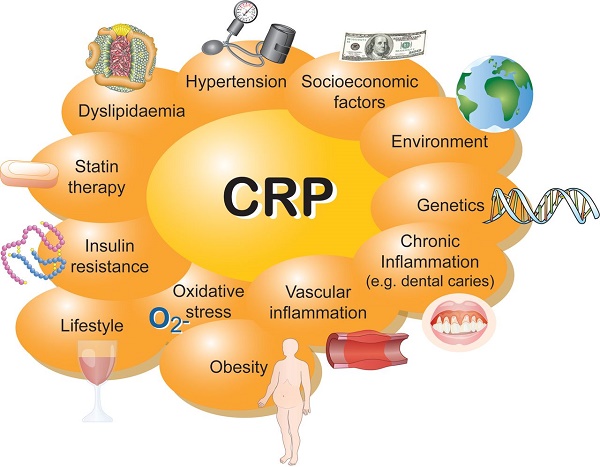CRP (QUANTITATIVE)
The C-reactive protein (CRP) test is used by a health practitioner to detect inflammation. CRP is an acute phase reactant, a protein made by the liver and released into the blood within a few hours after tissue injury, the start of an infection, or other cause of inflammation. The CRP test is not diagnostic of any condition, but it can be used together with signs and symptoms and other tests to evaluate an individual for an acute or chronic inflammatory condition.For example, CRP may be used to detect or monitor significant inflammation in an individual who is suspected of having an acute condition, such as:A serious bacterial infection like sepsisA fungal infectionPelvic inflammatory disease (PID)The CRP test is useful in monitoring people with chronic inflammatory conditions to detect flare-ups and/or to determine if treatment is effective. Some examples include:Inflammatory bowel diseaseSome forms of arthritisAutoimmune diseases, such as lupus or vasculitisCRP may sometimes be ordered along with an erythrocyte sedimentation rate (ESR), another test that detects inflammation. While the CRP test is not specific enough to diagnose a particular disease, it does serve as a general marker for infection and inflammation, thus alerting health practitioners that further testing and treatment may be necessary. Depending on the suspected cause, a number of other tests may be performed to identify the source of inflammation.



